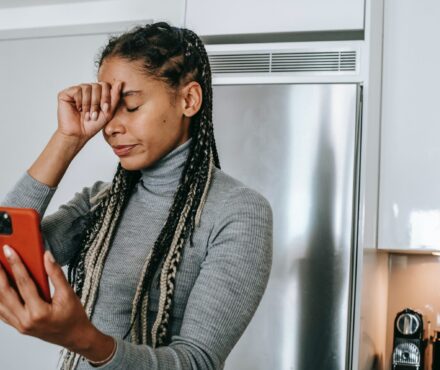Depression Counseling
Has life lost its spark?
Maybe you find yourself feeling sad for days on end.
You want to feel better. You want to enjoy life again.
But you find that you can't pull yourself out of this hole.
You don't have to deal with depression alone.
Our therapists can support and guide you to climb out of the pit of depression.
Ignoring depression won't make it go away. Don't let yourself fall further into the hole.
It is possible for you to feel better and enjoy your life again.
Depression can make getting help hard; however we can make it easier to get started on your journey.
Individual counseling for depression can help...
Which of the following sound true for you?
SELF ASSESSMENT FOR ANXIETY

How to Get Started with Depression Counseling:
Getting started is as simple as completing our 5-minute
Intake Pre-screen where you will:
- Briefly share with us why you're seeking services and your presenting concerns.
- Complete a brief risk assessment to ensure you're not at risk for harm to yourself or others.
- Schedule your initial appointment, or a complimentary 15-minute consultation, to ensure you are connecting to the service and provider that’s the best fit for you immediately after you submit your Intake Pre-screen.
Frequently Asked Questions (FAQS)
There are a lot of different potential causes for depression. Some of these include biology, hormones, relationships, and your environment. Because you may be predisposed to depression or there may be a biological cause for your low mood, we always recommend meeting with a medical professional to rule these out.
Because we are interconnected, even when our lives are going well, we may be impacted by difficult situations people in our life are going through. Seeing people suffer and helping them navigate difficult situations can also impact us. This is why therapists have therapists!
Your sadness or depression could even be related to the larger world you live in. The news, social media, politics, and more can also impact our mental wellbeing. No matter the cause of your depression, you deserve to get help.
Having low mood or feeling depressed at times is normal. If you are navigating loss or recently received hard news, it can be normal to feel a variety of emotions, including sadness. If you are really struggling right now, give yourself some grace for feeling low.
However, if these feelings seem extra intense, continue for awhile, or impact your daily functioning, it may be time to reach out for support. You can connect with one of our providers by completing the Intake Pre-screen.
Pretending to be happy and wearing a mask can be exhausting. You may find yourself so exhausted from pretending all day that you don’t have much energy for anything else. This may only worsen your depression.
Therapy is a place where you can drop the mask and be honest with your therapist, and yourself. Your therapist wants you to be honest about your experience so they can best support you. If you’d like to find a place where you can drop the mask, complete our Intake Pre-screen today.
Do you wake up feeling tired? It is hard to get out of bed. Do you wake up bad before you even open your eyes? You may have experienced depression being worse in the morning or heard of the term “morning depression.” While this isn’t a specific diagnosis, it is something that is very real for people. But what causes it?
Although there isn’t one specific reason for this, there are some explanations that make sense. Depression can throw off the normal rhythms of our day. This might make it hard to fall asleep, make you toss and turn, or make it hard to wake up.
Sleep is so important. Starting the day feeling tired can leave us feeling unmotivated and in a bad mood. This makes it more difficult to choose other activities that can help improve our mood and set us up for good sleep. For example, maybe you don’t have time for breakfast, you take a long nap during the day and don’t feel tired at night, you don’t have the energy to exercise, you are rushed and can’t do self-care. This becomes a cycle that can be hard (but not impossible) to get out of.
Depression is one of the most common mental health conditions in the US. Rates of depression are also on the rise. Because depression has biological, psychological, and environmental factors, it isn’t easy to identify one single reason why depression is common.
Considering that we’ve faced a global pandemic, war, violence, political conflict, social unrest, economic disruption, and more (all within only a few years), it makes sense that some people may be feeling sad or hopeless about the present and the future.
Additionally, we’ve experienced significant changes in how we connect with others. A sense of loss of community or even loss of loved ones may also impact mood. Lack of access to healthcare (and other basic necessities), lifestyle factors, mental health provider shortages, increasing cost, and a variety of other factors may also be contributing to why depression is so common.
Social media has done great things for mental health. More conversations have led to less stigma. Additionally, social media is making information about mental health more accessible. Intentional social media use can also be used for coping.
Unfortunately, there are some challenges that have come with social media. For one, anyone can create content on social media which means we have to sort through misleading and even harmful information about mental health. Also, people can post messages that create more stigma about mental health and seeking help.
Being connected 24/7 can be exhausting and the comparison culture can leave us feeling sad, disappointed, or frustrated about our own lives. Additionally, when we scroll for hours endlessly, we may be avoiding dealing with our mental health. If you want help exploring the impact of social media on your mental health, take the first step to partner with one of our providers today.




